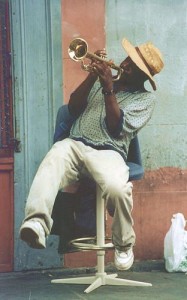When I say “network” (as in the noun), what do you think of? Most people immediately take a mental inventory of their level of popularity and come up with something like: “how many people like me and can help me out when I need it?”
The way I define a healthy professional network is much different. Most importantly, it’s not just something you assess and access as needed. That’s like saying cultivating a community in your personal life is optional. We all need a place that we fit, feel comfortable, needed and supported.
The necessity of this place in your professional life is not any different. And the way I see it, there are three key connections every single professional should have in order to create it:
1) A mentor. Find someone who you want to emulate and with whom you feel comfortable. Work out a way to have conversations centered around asking for advice. You might ask about what you have to look forward to in your role, gather wisdom around dealing with tricky situations, or inquire as to what they think of you and your work. There’s no rule that it has to be a formal mentor-mentee relationship, or that you have to label it at all. It can be consistent or on a once-in-a-while basis. As long as it is designed to work for both of you.
2) A loyal peer. Identify someone at your level or in a similar role – either inside or outside your organization – that you get along with, respect and are not in competition with. Become a resource for each other. Pool knowledge, compare experiences, offer one another observations, share new learning and brainstorm around challenges. Not only will it help you do your work faster and better, the camaraderie will offer you support and additional perspective.
3) A protégé. Give your time to someone who looks up to you; someone in whom you believe. Being generous with advice and guidance will feel meaningful and will make you feel great about the skills and experience you’ve amassed over your career.
A network with these types of connections is one you truly belong to, as you take an active role in a creating and maintaining these valuable professional relationships. Take a critical look at your current network to make sure you’ve covered your bases, and then continue to strengthen it by thoughtfully building and evolving within each category. That’s how I define “networking”.


